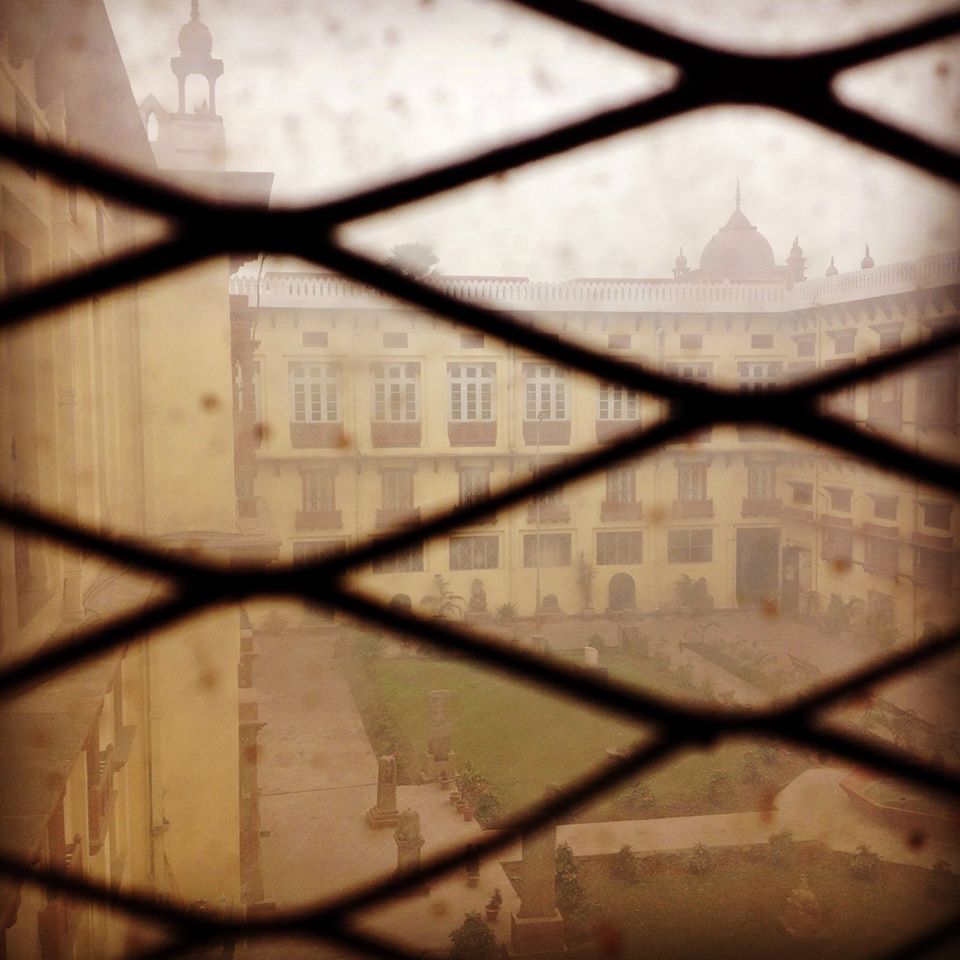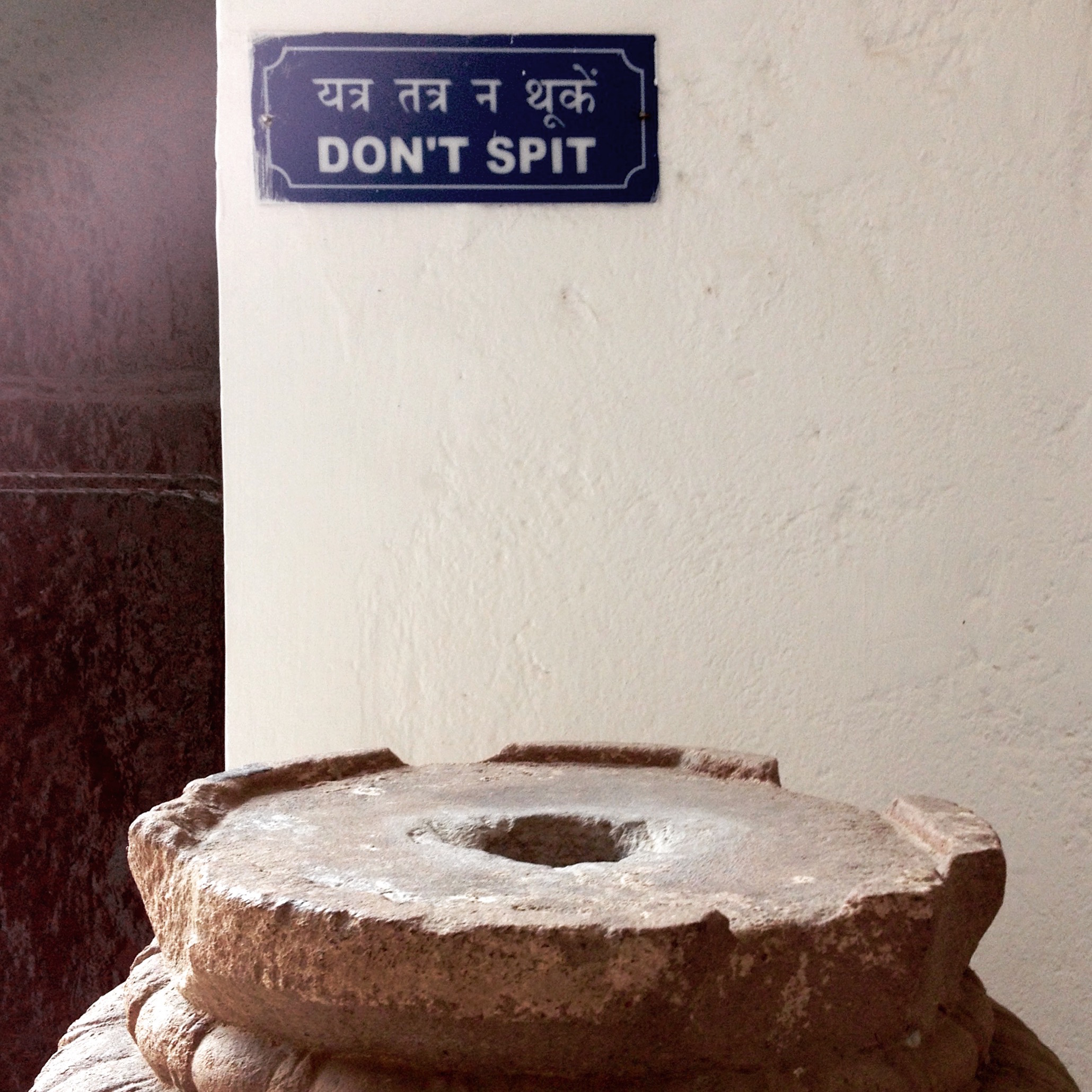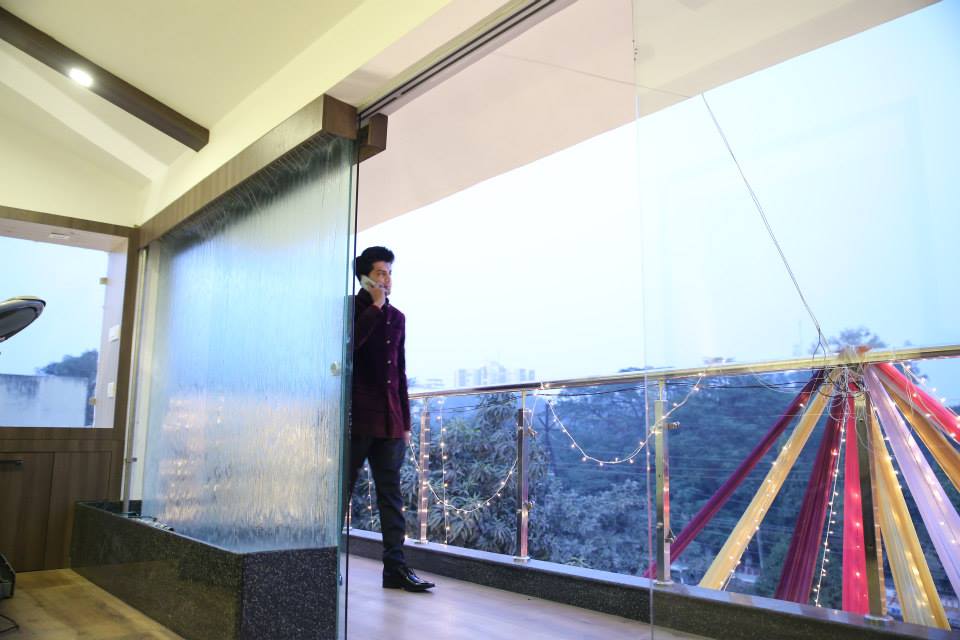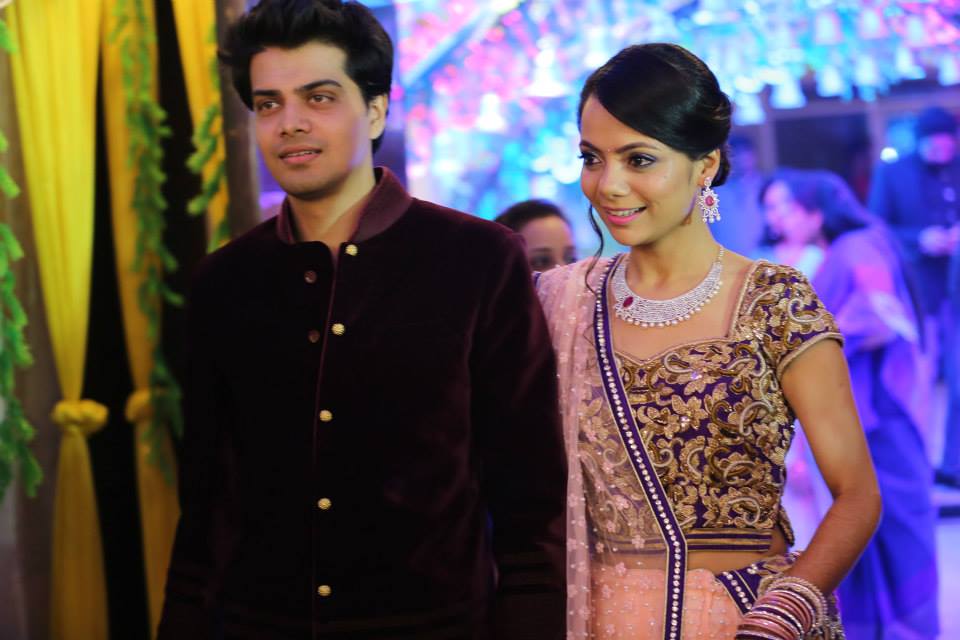Patna Roughcuts
(Written for Granta on March 31, 2015)
1
When I was a boy in Patna in the seventies, the Boring Road crossroad boasted two businesses that were popular among the locals. One was Quality Corner, where you could buy the best samosas, and the other was the provisions store, Cheap and Best. Both businesses still exist today and so too the stalls where chicken are slaughtered and plucked. But they are dwarfed by a tight and gigantic cluster of showrooms for luxury watches and designer garments, banks, jewelry stores and, now, a spa.
During my visit to Patna last December, I decided one morning that I wanted a taste of luxury. I had had enough of the smoke and the dust on the streets crowded with cars, two-wheelers and pedal rickshaws. Enough of being woken up by the incessant barking of dogs, or the passing vehicles with their inventive horns, or the vegetable vendor who provoked my five-year-old son to scream in imitation, ‘Sabzi! Sabzi!’ On past visits, I had enjoyed going out for walks in the park opposite my parents’ house, but it was now difficult to even reach its gate. Up to half a dozen men would be standing facing the park’s wall at any time, their urine trickling back toward the street. Lorca never visited Patna, but if he had, his poem ‘Landscape of a Pissing Multitude’ would have been a long epic. One evening, I went to the park with my wife and we took with us my elder sister’s little black dog. A group of young men came toward us, shrieking and gesticulating, and one of them said that he had thought at first that the dog was a wild boar. Another youth, in a group that was seated on a grassy knoll, used his smartphone to film my wife as she walked ahead of me. I felt embarrassed about what my wife, who is Pakistani, might think of Patna and I said nothing. When I saw yet another youth walking toward her with his phone held in front of his face, I abruptly asked my wife to turn back and return home with me. And then, after three or four days, during which my sole excursions were visits to the museum and the zoo with my children, I decided I had earned the right to visit the spa.
The attendants wore black T-shirts. I said I wanted a massage and was shown a list of offerings. Several had the words ‘Body-Shine’ as the principal description. I said I wanted a plain massage. The man holding the card said I should go for a ‘full-body massage with steam-aroma therapy’. I did the math, dividing the sum to calculate the amount in dollars. Quite cheap – only a bit over twenty dollars. I was taken to a room and introduced to a stocky young man named Ghanshyam who surprised me by turning off the lights and leaving the room. There was some light coming in through the venetian blinds and I kept standing in the cold room. Ghanshyam returned in a couple of minutes and asked why I hadn’t changed. Only then did I see the blue towel on the massage table and beneath it a pair of underwear made of a synthetic material. I changed and lay face down on the table.
This time when Ghanshyam returned I heard him moving around for a long time in the semi-dark. I asked if he could turn on the heat; he said he would but only after he had heated the oil. After a while, I raised my head and saw that he was unbuckling his belt. I guessed he didn’t want oil to get on his trousers. A minute or two passed and then I suddenly felt the weight of Ghanshyam’s knees on my legs. He was heavy. I hadn’t experienced this kind of massage before: he was slowly crawling up my legs, all his weight concentrated on his knees. I said that that was enough and Ghanshyam stepped down. Next, he slathered warm oil on my legs and began tearing the flesh away from the bone. Or that’s what it felt like. I realized that I wasn’t breathing much. At the same time, I felt bad because I thought I must sound unappreciative, or demanding, or both. But I had to ask Ghanshyam again to ease the pressure. This was not the luxury I had wanted to experience and, difficult though it was to have a single coherent thought during that prolonged period of self-inflicted suffering, I remember telling myself that it was wrong to have wanted or even imagined pleasure in Patna. It had always only led to a greater feeling of disappointment.
Worse was to follow. Before the massage ended, Ghanshyam slapped oil on his palms and rubbed his hands into my head. He pulled my hair and rubbed his thumbs vigorously near my ears. It hurt badly. His fingers pulled at my eyebrows and pressed what I imagine are my sinuses. After a while, my head was allowed to drop back down onto the table and I was asked if I wanted to have a steam bath. I said yes. The enclosed space for the small sauna was in one corner of the room and I enjoyed the sudden solitude and near-invisibility I had been granted. This was true luxury. I made my escape from the spa soon thereafter, but the oil that had been rubbed into my face didn’t wash out properly, and for the rest of the day my eyes prickled and watered.
2
My mother and I shared a bank account in Patna. She died last January. The day after my mother’s cremation, my father and I went to the bank near our house to submit an application for changes to the account. I have the passport photos from that day: my head shaven, my expression blank. The work wasn’t completed. The paperwork is unending in the absence of one of the original signatories. This January I returned to Patna for the first anniversary of my mother’s death and, once again, on the following day, my father insisted on an outing. We needed to go to the Patna court office: I had to submit an affidavit with my signature witnessed by two other individuals.
The man in whose office my affidavit was to be signed had agreed to be one of the witnesses; the other witness, my father’s old friend, Ravishankerji, was to go in the car with us. The court office was near the Ganga: a low, single-story bungalow, crumbling with age, a combination of white walls and cracked windows with the glass painted green. The yard outside the office was taken over by rows of small desks on which sat ancient typewriters and stacks of government forms. It was a winter afternoon, the sun was out, and lawyers and public notaries waited at these desks for business from people with needs very similar to my own. We went inside. The official wasn’t there but had left instructions for us to stay until he came back. It was a small office, with three chairs crammed inside for visitors; the official’s personal assistant sat at a smaller desk in the same room, a typewriter in front of him. While we waited for the official to return, a man came in carrying a huge aluminum kettle. He poured milky tea into three tiny cups. No one touched the tea and soon there was a dark skin of cream on the surface. We made small talk: first about my mother’s death, and then on the subject of my nephew’s wedding, which was only a week away. Ravinshankerji began telling me a story about his own wedding.
In the mid-1950s, Ravinshankerji had been an engineering student in Patna. Upon graduation, he got an offer of a government job and, soon afterwards, he also received a marriage proposal from a family headed by a prosperous lawyer living near Ranchi. Things turned bad at the wedding, however. The ceremony was held on a cold winter’s night, and just as the priest was carrying out the complicated final rituals the bride’s father suffered a heart attack. He collapsed where he was seated, next to Ravishankerji, and people quickly covered him with a blanket. ‘Give him some warmth, give him some warmth,’ was the general shout. An older relative of the bride quickly asked the priest to get the groom to put the sindoor in the parting of the bride’s hair. When he saw this unseemly haste, Ravishankerji grew certain that the old man was dead. Since this would be seen as inauspicious, his daughter might remain unmarried forever unless the rituals were completed.
After the marriage ritual was over, Ravishankerji and the bride were led into the room that had been decorated for them. The bride was the dead man’s youngest child and when she was given the news it was necessary to sedate her with injections. Ravishankerji was requested to leave and return in another month. He realized that his wife had suffered a nervous breakdown. He had married into a very conventional family – the women observed purdah and didn’t appear in public. They were vegetarians and extremely religious. Ravishankerji and his family were modern, even secular, and they thought of themselves as urban. He became aware of the fear that had arisen among his wife’s relatives: they suspected that Ravishankerji would abandon his bride because she would be seen as a bad omen. But he had never entertained such superstitions. Over the next few months, when he visited his wife, he would gently introduce himself again. ‘I am Ravishanker. I am your husband.’ After a year or so, his wife began to see Ravishankerji as a friend. He told me, ‘She had come to accept that her father was gone, and she saw me as someone that he had left behind for her.’ She would wait for his visits and welcome him back with joy.
I had been listening to Ravishankerji’s tale as if it was a black-and-white movie. At this point, I imagined a pleasant melody arising in the dark. My father interrupted my thoughts with the comment that the only thing Ravishankerji and his wife haven’t shared over a long married life is their food. She is a strict vegetarian while he has always liked his meat.
3
In the shelter for boys in Patna, lunch was at last ready to be served. I had been told it was an orphanage but it turned out to be a home, funded by the government, not only for orphans but also runaways and abandoned boys. The boys sat on the floor, back to back, in three long rows of about twenty-five each, their fingers on the empty styrofoam plates in front of them.
Lunch had been delayed, and we were part of the reason why. My sisters and I had paid a small amount of money (about two hundred dollars) for a special lunch of pulao rice, dal, chicken, raita, a vegetable salad and sweets like rasgulla and gulab jamun. That day was our mother’s first death anniversary and this act of charity was one way we thought we could honor her memory. The special meal meant a disruption in the routine (a man riding pillion on a motorbike, bringing the chicken curry in a bucket).
Rice was served first. Some of the boys didn’t want to, or couldn’t, wait for other items to be served. They began to eat. By the time those in the first row had been fully served, those in the last row had still received nothing. The smell of oil and chopped onion filled the room. The whole of the front row was bent over their plates while toward the back the whole row remained immobile.
In the second row, a fight broke out. A small boy hit – three quick jabs with his fist – the large, passive boy seated to his right. The bigger boy was described to me as a ‘special’ kid, the description used by the director for all the mentally or physically disabled children at the shelter. These kids required constant attention, the director had told me earlier. You gave them cream to put on the body and they would eat it. Same with pencils and crayons. He said, ‘They can defecate anywhere. We use phenyl three or four times but the stink doesn’t go away.’ Was he expressing disgust? I remember looking at the director’s face, his neatly clipped mustache and his smile, but he only seemed to have affection for the children.
During that earlier conversation, the man seated in front of a computer terminal next to the director had said that health care posed the main challenge. All the children were young, and fell sick often, but there was no regular doctor on staff. At any time of the day or night, a child might need to be taken to the hospital. If an emergency arose during working hours, the director loaned his motorcycle. But if it was at night, a staff member had to take the child out on the main road and try to hire an autorickshaw for the trip.
This last detail pierced me. My mind flew back to a conversation I had had only two days before. I had been trying to comfort a cousin of mine, Ruby, who had just lost a teenage son to cerebral malaria. The boy’s name was Aditya. He was a star basketball player in Gujarat, Prime Minister Narendra Modi’s home state. Ruby’s husband, a chemical engineer in Surat where the family lived, told me that Aditya had on two occasions been honored by Modi, who had given him checks for a few thousand rupees. Aditya had contracted malaria but he had hidden this fact from his family. He was focused on competing in the state selections on 16 December. According to his father, Aditya was running a temperature, but when he practiced each night he sweated the fever out. The illness finally caught up with him the night before the selections. He slipped into a coma and was declared dead on 19 December.
Aditya had warned a friend, or maybe it was his younger sister, that if he lost consciousness they should ask Ruby to take him quickly to the most expensive hospital in town. Within minutes of his losing consciousness, a doctor was at Ruby’s door and soon thereafter they were at the hospital that Aditya had had in mind.
Ruby said that when Aditya was little, he had been more than a handful. Later, he had found purpose in sports. He wanted to join the national military academy. Ruby wanted to share with me the details of the boy’s life. He had bought a German shepherd puppy six months before and named it Fritz after a dog in an American TV show. Aditya would give the dog a particular kind of medicine so that it would have a second band of golden fur on its neck. Why did her son die? He was only eighteen. ‘Maybe I didn’t deserve him,’ Ruby began to say, and then stopped in the face of my protests. I thought to myself that Aditya had fallen victim not to a mosquito’s bite but to a particular kind of innocence and youthful ambition. The disease could have been treated if detected earlier. Ruby knew this, I think, and found some consolation in the fact that once the boy began to vomit, medical help had arrived quickly. She was weeping on my shoulder and said that the ambulance had arrived within ten minutes. And that is why, sitting in the shelter for boys, I returned to the memory of my cousin’s unanswerable grief.
4
Before my mother died last year, she had been keen to see my eldest nephew get married. Avi, who works at a bank in Delhi, got engaged while my mother was still alive. Ruby told me that Aditya was very fond of Avi. On the day I saw Ruby, the wedding was still a fortnight away, and when it finally happened Ruby’s siblings came to the event. When I saw them I thought of Ruby. I was reminded of the lines I had read in Edward Hirsch’s elegy for his son, Gabriel: ‘His mother also slipped into black / Treachery of the parents / Who outlive their son.’ I was grateful that Ruby’s siblings were smiling; it relieved me of a terrible burden. I reasoned to myself that the wedding was perhaps a way for them to return to the domain of the living. It had certainly been like that for me. A few days before the wedding, a dance instructor had started coming to the house to teach us how to dance to Bollywood songs. I, and so many others in the family, had worked terribly hard to learn those unfamiliar steps.
Fifteen years ago, when I got married in Patna, my parents held a reception outside our house. The street outside was sealed off and a colorful shamiana erected there; carpets were laid out and chairs arranged in rows. My wife and I stood on a dais in front of silver thrones. Our guests came up to greet us and give us gifts. Beside us stood our little niece holding a bag where the gifts – envelopes with cash, a few pieces of jewelry – were being deposited. At some point after dinner, while we were still standing under the shamiana, it was discovered that the bag with the gold and the envelopes containing cash was gone. Our niece thought she had put it on the maroon velvet seat of the throne behind us but it was nowhere to be found. Who had stolen it? Someone found a man, barefoot and with ragged clothes, asleep behind the shamiana. I saw the driver of my father’s car trying to tie up the man but others were more impatient. A shoe was used to hit him, and then a series of slaps. The shameful beating of that hapless man is the most enduring image of my wedding night in Patna.
This time it was different. Avi’s wedding to Priyam was held in Patna’s five-star hotel, Maurya. It was a lavish outdoor ceremony with no expense spared on food for the hundreds of assembled guests. Relatives and friends had come from different parts of the world, but we had brought nothing more than our foreign accents. We were outsiders. Once, we had belonged to Patna; now, Patna, or at least its people, had changed in ways we couldn’t even recognize. In a way, we had remained as people from the old Patna, but those we had left behind and, more importantly, their children, had taken on a new global identity. When I looked at Avi and Priyam, at their clothing, their dances, their attitudes and behavior, it seemed that they were modern in a way that people like me never were. They were the real cosmopolitans, not those of us from abroad. How did this happen? Was it because of their long stay in Delhi? Was it because of television and the Internet? Whatever the reason, the stage belonged to people like Avi and Priyam. They were a part of what some call the New India, full of glamor and glitz, with access to money and tastes unimaginable even ten years before.
But the other Patna was always close by. As the groom approached the hotel on a horse, an aunt on his father’s side, a wealthy doctor, threw rupee notes into the air. Earlier, she had been handing out notes to the members of the band playing music for the wedding procession. As the notes fluttered to the ground, the men moved their instruments aside and tried to grab the money. A shoeless man in a black sweater darted in from the street and frantically collected the notes from the ground. I was watching this and found myself seizing him and, yes, I snatched the notes from his hand and gave them to the men in the band. I felt I was doing the right thing, but it was also clear that I was taking the money away from someone who had nothing to hand it over to those who perhaps had a little bit more.
5
The day after the wedding, I flew out of Patna. When I returned to New York, I found copies of Granta 130: India waiting for me. At the end of his introduction, the issue’s editor Ian Jack had mentioned Patna. Jack had known Patna thirty years ago; he had had his appendix removed there and someone had remarked that if he had gone to the state hospital he wouldn’t have come out alive. Jack’s piece ended with these lines:
‘Now I’m going to Patna again. Of all the things it needed – decent sanitation, drinkable water, honest policemen – who would have guessed the latest aspect of its public life? To a city where I once bought Treasure Island as the most interesting book in a bookshop, I am returning for the Patna Literature Festival.’
These words had been written in November last year, and by the time my nephew’s wedding took place it appeared that the Patna Literature Festival wasn’t going to be held. When I took the invitation card for the wedding to one of the festival’s organizers, Ajit Pradhan, he told me that they had run into difficulties with the new administration. The senior official responsible for cultural affairs had summoned Pradhan for a sudden meeting one day. Pradhan is a cardiologist; when he received the call, he was about to go into the operating room. The official was upset at his unavailability. The official’s aide said, ‘This man keeps talking about the operating room. Let’s send his festival into the operating room with him.’ This was a sad outcome, but when I heard this account even I had to pause and laugh. The aide’s statement sounded better in the original Hindi: it was a stupid thing he had said, no doubt, but it had all the colorful swagger and itchy sensitivity that I had associated with the Patna of my childhood. It is possible that Ian Jack would have been surprised if he had returned to Patna. He would have seen that despite the changes that had made Patna unrecognizable, it could still feel (and smell) as it had done thirty years ago.







Submit a comment
Your email address will not be published. Required fields are marked *
There are 0 comments